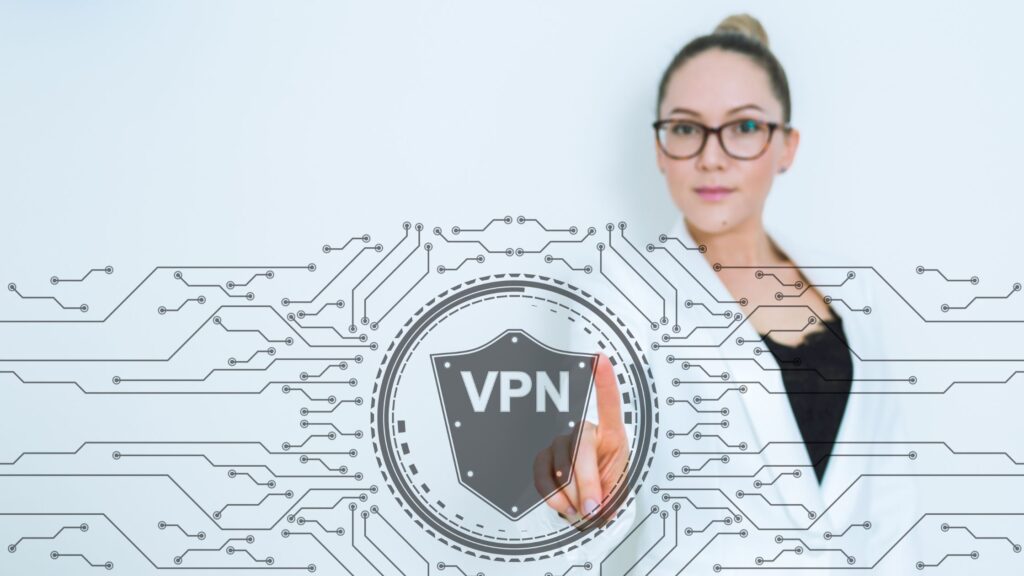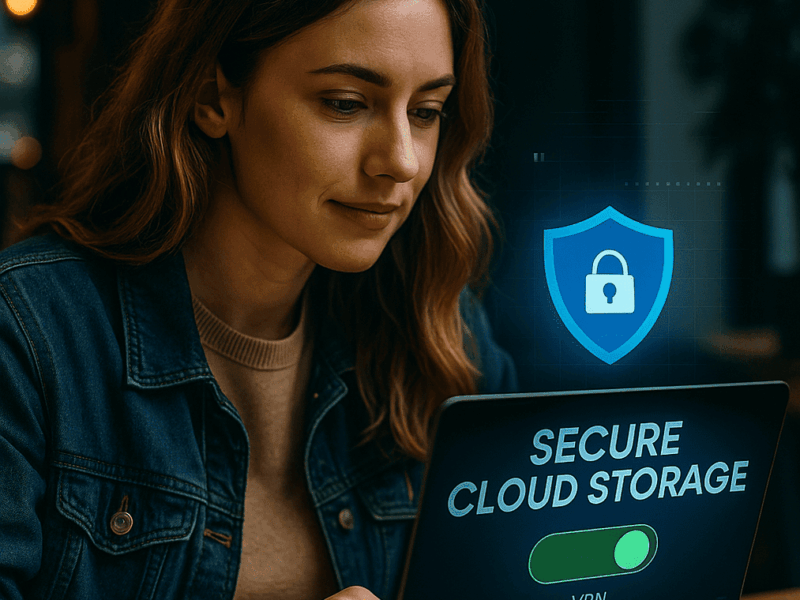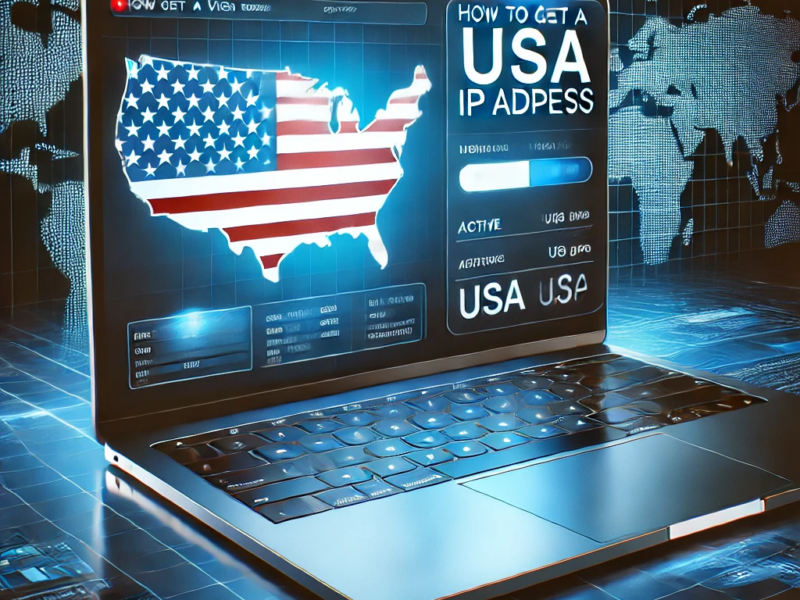Did you know that small businesses are the target of 25% of all cyber-attacks? While using a VPN can enhance your online security and privacy, it’s important to understand its limitations. A VPN, or Virtual Private Network, encrypts your internet traffic and hides your IP address, making it difficult for hackers to intercept your data. However, it’s crucial to remember that a VPN is not a foolproof solution against all online threats.
There are still vulnerabilities that can jeopardize your personal information. In this article, we will explore what a VPN does not protect you from, including malware and viruses, phishing attacks, social engineering, data leaks and breaches, and physical security threats.
Stay informed and empowered to safeguard your online freedom and security.

1. Malware and Viruses
A VPN doesn’t provide complete protection against malware and viruses. While a VPN can enhance your online privacy and security by encrypting your internet traffic, it doesn’t have the capability to shield you from malicious software and harmful viruses. It’s important to understand that a VPN primarily focuses on securing your connection and hiding your online activities from prying eyes, rather than protecting you from potential threats that exist in the digital world.
To ensure your safety from malware and viruses, additional measures are necessary. It’s essential to have robust antivirus software installed on your devices. This software acts as a shield, scanning your files and websites for malicious code to prevent any potential harm. Regularly updating your antivirus software is equally important, as it ensures that you have the latest protection against emerging threats.
Furthermore, maintaining a cautious approach while browsing the internet is crucial. It’s important to avoid clicking on suspicious links, downloading files from untrusted sources, and opening email attachments from unknown senders. Following these simple practices can significantly reduce the risk of encountering malware and viruses.
2. Phishing Attacks
To strengthen your online security, it’s important to understand that a VPN alone can’t protect you from phishing attacks. While a VPN can encrypt your internet connection and hide your IP address, it doesn’t shield you from falling victim to phishing scams.
Here are four reasons why a VPN isn’t effective in preventing phishing attacks:
- Email Spoofing: Phishing attacks often involve fraudulent emails that appear to come from legitimate sources. A VPN can’t stop cybercriminals from spoofing email addresses and tricking you into clicking on malicious links or providing sensitive information.
- Fake Websites: Phishers frequently create fake websites that mimic trusted sites to deceive users. Even if you use a VPN, you can still be directed to these fraudulent websites, where your personal information can be stolen.
- Social Engineering: Phishing attacks rely on psychological manipulation to trick users into revealing confidential data. A VPN can’t protect you from the social engineering tactics employed by cybercriminals to gain your trust and extract sensitive information.
- Human Error: Ultimately, a VPN can’t defend against human error. Even with a secure connection, if you unknowingly provide your credentials or personal information to a phishing scam, your data could still be compromised.
While a VPN is a useful tool for enhancing online privacy and security, it’s crucial to remain vigilant against phishing attacks. Practice safe browsing habits and consider using additional security measures such as anti-phishing software and email filters to protect yourself.
3. Social Engineering
Social engineering is a major threat that a VPN can’t fully protect you from. While a VPN can encrypt your internet connection and safeguard your data from interception, it can’t shield you from skilled social engineers who manipulate people. These individuals exploit human psychology to trick individuals into revealing sensitive information or performing actions that compromise their security.
Social engineering attacks come in various forms, such as impersonating trusted individuals or organizations, creating a sense of urgency or fear, or taking advantage of people’s willingness to help. For instance, a social engineer might pretend to be a tech support representative and convince you to provide your login credentials or install malware on your device. They may also employ tactics like phishing emails or phone calls to deceive you into sharing personal information.
To protect yourself from social engineering attacks, it’s crucial to remain vigilant and skeptical of any requests for sensitive information. Exercise caution when dealing with unfamiliar individuals or organizations, especially if they ask for personal details or urge you to take immediate action. Remember that relying solely on a VPN isn’t enough to defend against the manipulative tactics of social engineers.
In the pursuit of online freedom, it’s important to recognize that safeguarding your digital security extends beyond using a VPN. Stay informed, stay alert, and adopt a proactive approach to protect your personal information and maintain your online freedom.
4. Data Leaks and Breaches
Although a VPN can provide a secure and encrypted connection, it’s important to understand that it can’t fully protect you from the risk of data leaks and breaches. While it adds a layer of security, there are still vulnerabilities that can put your data at risk. Here are four reasons why a VPN may not guarantee complete protection:
- Vulnerable endpoints: While a VPN secures your connection, it can’t safeguard the devices or applications you use. If your device is compromised or you unknowingly download malicious software, your data could still be vulnerable.
- Social engineering attacks: Hackers can employ social engineering tactics to manipulate you into revealing sensitive information or granting them access to your data. A VPN can’t shield you from falling victim to these deceptive techniques.
- Data stored on servers: When you use a VPN, your data is encrypted between your device and the VPN server. However, once it reaches the server, it may be stored in unencrypted form. If the server is compromised, your data could be exposed.
- Insider threats: VPNs can’t protect against data leaks caused by insiders who’ve authorized access. Employees or contractors with access to sensitive data may intentionally or unintentionally leak it.

While a VPN is a valuable tool, it’s crucial to remain vigilant and take additional measures to safeguard your data from leaks and breaches. Regularly updating your devices, using strong and unique passwords, and being cautious of phishing attempts can help minimize the risk of data compromise.
5. Physical Security Threats
While a VPN offers many benefits, it’s important to understand its limitations when it comes to physical security threats. Although a VPN can encrypt your online data and hide your IP address, it doesn’t protect against physical dangers that could compromise your safety or the security of your devices. These threats can take various forms, including theft, unauthorized access, or physical attacks. They can occur when you’re using your devices in public places, leaving them unattended, or when someone gains physical access to them without your knowledge.
To illustrate the limited protection offered by VPNs against physical security threats, consider the following table:
| Physical Security Threats | VPN Protection |
|---|---|
| Theft of devices | No |
| Unauthorized access | No |
| Physical attacks | No |
As you can see, a VPN is not effective in shielding you from physical security threats. It’s crucial to remain vigilant and take additional measures to safeguard your physical safety and device security. This may include using strong passwords, enabling device encryption, and adopting good physical security habits, such as keeping your devices with you at all times and being aware of your surroundings. Remember, while a VPN can provide online privacy and security, it cannot guarantee protection against physical threats. Stay informed and take proactive steps to protect yourself and your devices.
Frequently Asked Questions
How Can a VPN Protect Against Malware and Viruses?
A VPN can help safeguard your devices from malware and viruses by adding an extra layer of security to your internet connection. When you use a VPN, it encrypts your online activities, making it difficult for cybercriminals to intercept and access your sensitive information. Additionally, a VPN can block access to malicious websites that may contain harmful software.
By creating a secure tunnel for your data, a VPN ensures that your online communications are encrypted and protected from prying eyes. This is especially important when using public Wi-Fi networks, as these are often targeted by hackers looking to exploit vulnerabilities and infect devices with malware.
In addition to encrypting your internet connection, a VPN can also help prevent malware and viruses by blocking access to known malicious websites. VPNs often have built-in security features that can detect and block suspicious websites, protecting you from inadvertently downloading harmful software.
It’s essential to note that while a VPN can significantly enhance your online security, it should not be considered a foolproof solution. It’s still crucial to practice good cybersecurity habits, such as keeping your devices and software up to date, using strong and unique passwords, and being cautious when clicking on links or downloading files.
What Are Some Common Signs of a Phishing Attack?
Phishing attacks can be deceptive, and relying solely on a VPN won’t protect you from falling victim to their schemes. It’s crucial to stay vigilant and be on the lookout for suspicious emails, fake websites, and requests for personal information. By exercising caution and taking steps to safeguard yourself, you can minimize the risk of becoming a target of phishing attacks. Remember, your online security is in your hands.
How Can Social Engineering Attacks Compromise Personal Information?
Social engineering attacks can compromise personal information by deceiving individuals into revealing sensitive data or manipulating them into taking actions that provide hackers with access to their devices or accounts. These malicious tactics exploit human psychology and trust to gain unauthorized entry into personal information. Cybercriminals may use techniques such as phishing emails, fake websites, or phone scams to trick individuals into sharing their passwords, social security numbers, credit card details, or other confidential information. Additionally, social engineering attacks can manipulate individuals to unknowingly install malware or grant remote access to their devices, enabling hackers to monitor their activities, steal personal data, or even take control of their accounts. It is crucial to be vigilant and cautious when interacting with unfamiliar or suspicious requests, messages, or links to protect oneself from such attacks.
What Steps Can Be Taken to Prevent Data Leaks and Breaches?
Preventing data leaks and breaches requires taking certain precautions. One important step is to be cautious when dealing with phishing emails, as they can be used to trick you into revealing sensitive information. It’s also crucial to use strong and unique passwords for your accounts, as this adds an extra layer of security. Enabling two-factor authentication provides an additional level of protection by requiring a second form of verification when logging in. Keeping your software up to date is essential, as updates often include security patches that address vulnerabilities. Lastly, regularly backing up your data ensures that even if a breach occurs, you can still access your important information. By following these steps, you can significantly reduce the risk of data leaks and breaches.
What Are Some Examples of Physical Security Threats That a VPN Cannot Protect Against?
While a VPN is an effective tool for safeguarding your online privacy, it’s crucial to understand its limitations. It’s important to note that a VPN cannot protect you from physical security threats. These threats can include theft or physical attacks on your devices or personal belongings. Although a VPN encrypts your internet traffic and hides your IP address, it does not provide any physical protection. Therefore, it is essential to remain vigilant and take additional measures to ensure your personal safety and security.


